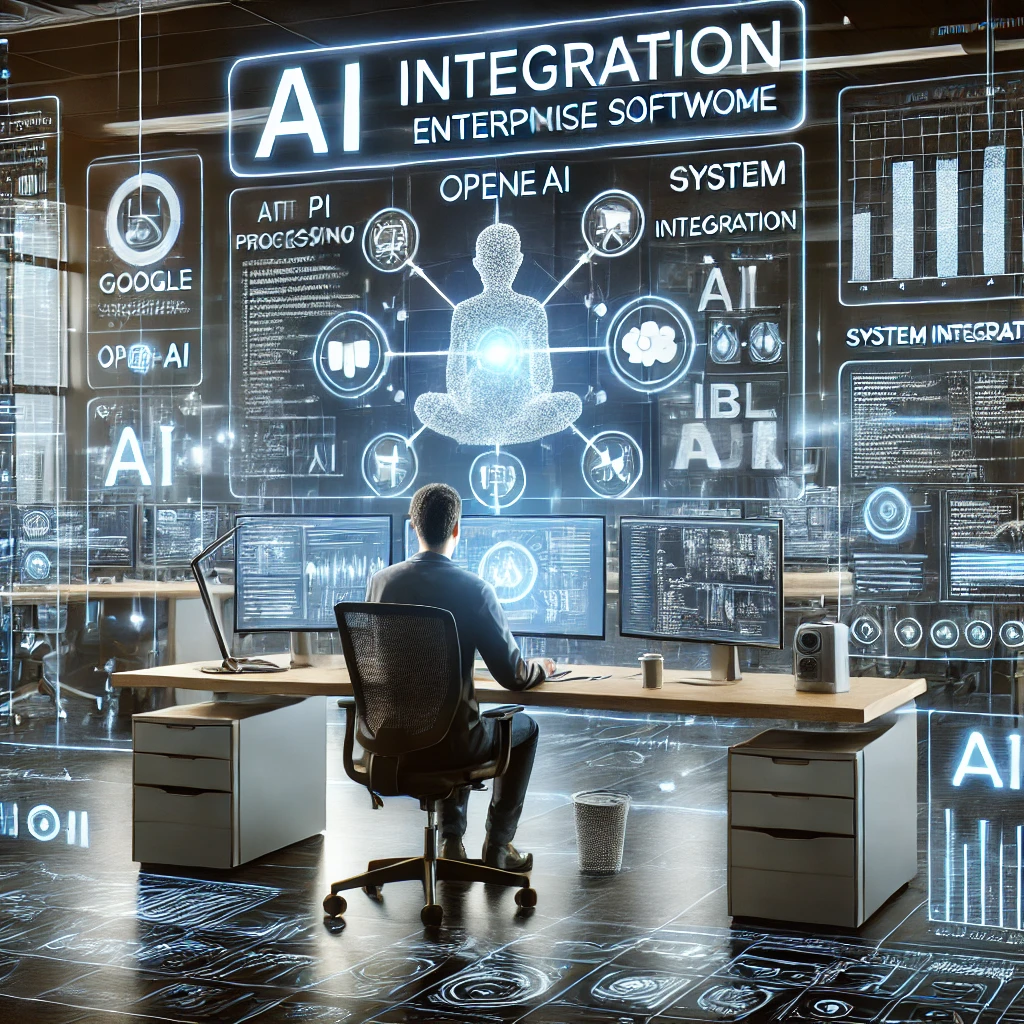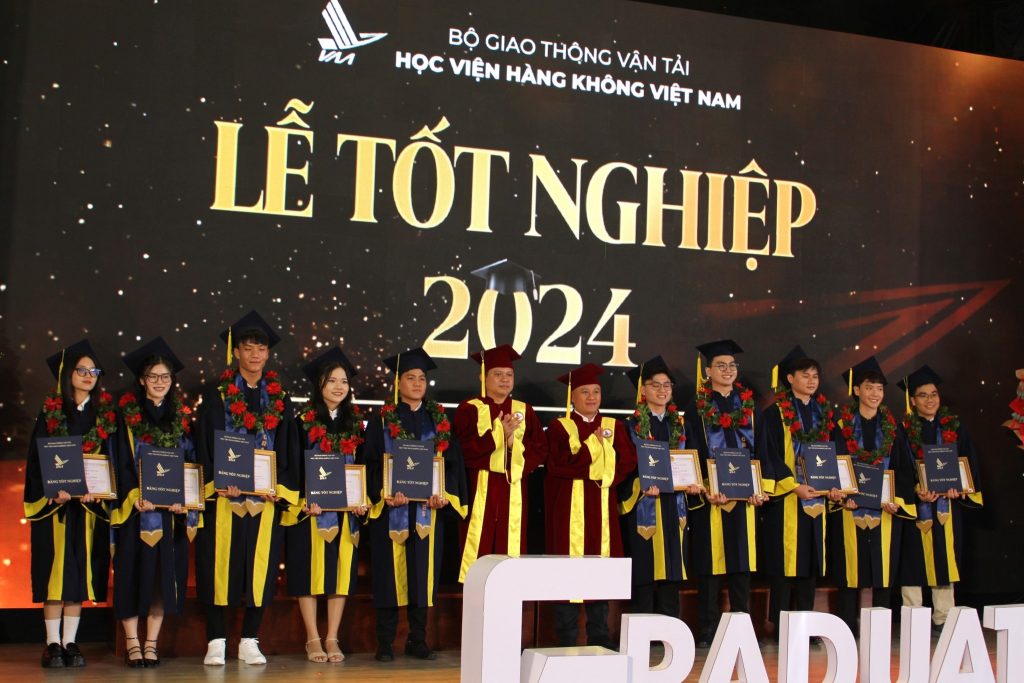Dr. NGUYEN LUONG ANH TUAN
DEAN

The Software Engineering and Artificial Intelligence major, under the field of Information Technology at Vietnam Aviation Academy, is designed to train highly qualified IT professionals for both society and the aviation industry. The program emphasizes in-depth specialized knowledge, strong practical skills, and professional ethics, aiming to foster the comprehensive development of each student.

Design, develop, and optimize Artificial Intelligence (AI) software to solve real-world problems and meet international standards. Build AI modules and applications such as Natural Language Processing (NLP), Computer Vision, decision support systems, intelligent assistants, and more—ensuring high performance and reliability when deployed in practical environments. The role requires strong programming skills (e.g., Python, Java), extensive knowledge of machine learning, deep learning, and the ability to handle large-scale data for training AI models. In addition, creative thinking, teamwork skills, and the ability to stay updated with global technology trends are essential.

Design, develop, and deploy applications on web, mobile, and game platforms for multinational projects. The role involves optimizing application performance, ensuring user experience quality, and fixing technical issues. Technologies used in development include HTML, CSS, JavaScript, PHP, Java, Python, and frameworks such as ReactJS, Angular, NodeJS, Swift, Kotlin, Flutter, React Native, Unity, Unreal Engine, among others. This position requires creative thinking, strong programming skills, and the ability to work in a fast-evolving technology environment. Additionally, candidates are expected to demonstrate a proactive learning attitude, attention to quality, high responsibility, collaborative flexibility, and a passion for technology, always ready to embrace challenges, improve skills, and create innovative solutions.

Design, develop, and optimize software systems integrated with Artificial Intelligence (AI) solutions to address real-world problems and meet international standards. Responsibilities include working with AI APIs and SDKs from platforms such as OpenAI, Google AI, and IBM Watson; designing data processing workflows integrated with AI; monitoring performance and troubleshooting issues. The role requires programming skills (e.g., Python, Java), a solid understanding of AI, machine learning (ML), system analysis, and the ability to operate in an innovative technological environment. Additionally, it demands a proactive attitude toward learning new technologies, creativity in integration solutions, attention to quality, a strong sense of responsibility, and effective collaboration with cross-functional teams.

Organize testing processes, create test plans, design test cases, and conduct both manual and automated testing. Identify bugs and track their resolution to optimize product performance. Evaluate and ensure software quality based on international standards such as ISO, CMMI, ISTQB, etc. QA specialists are also responsible for ensuring the safety and reliability of software systems, particularly in high-stakes domains such as finance, healthcare, technology, and aviation. The role requires strong analytical skills to identify potential risks and defects, proficiency in tools such as Selenium, JIRA, Postman, and a solid understanding of software development methodologies including Agile, Waterfall, V-Model, and DevOps. The ultimate goal is to minimize risks, enhance efficiency, and ensure trustworthy, high-quality software products.

Conduct research, gather, analyze, and communicate business requirements between clients and technical teams to ensure that the software is developed in alignment with the expectations of multinational enterprises. Responsibilities include building business processes, preparing requirement documents (BRD, SRS), and supporting User Acceptance Testing (UAT). The role requires strong communication and data analysis skills, and proficiency in tools such as Jira, Visio, Figma, ERP, CRM, SQL, Microsoft Project, among others. In addition, candidates should demonstrate a proactive learning attitude, commitment to quality, willingness to take on challenges, problem-solving persistence, and the ability to collaborate effectively in a multinational work environment.

The Bachelor Program in Software Engineering and Artificial Intelligence provides learners with comprehensive knowledge ranging from foundational to advanced levels in software engineering, artificial intelligence, and modern interdisciplinary technologies. The program is designed to develop practical skills, creative thinking, communication abilities, teamwork, scientific research competencies, and the capability for self-directed learning and continuous technology updates.
KNOWLEDGE – SKILLS – AUTONOMY AND RESPONSIBILITY
Graduates can pursue the following career positions:
1. AI Software Specialist
2. Mobile/Web/Game Application Developer
3. AI Integration Specialist
4. Software Quality Assurance (QA) Specialist
5. Business Analyst



120 credits (excluding Physical Education and National Defense Education courses)
